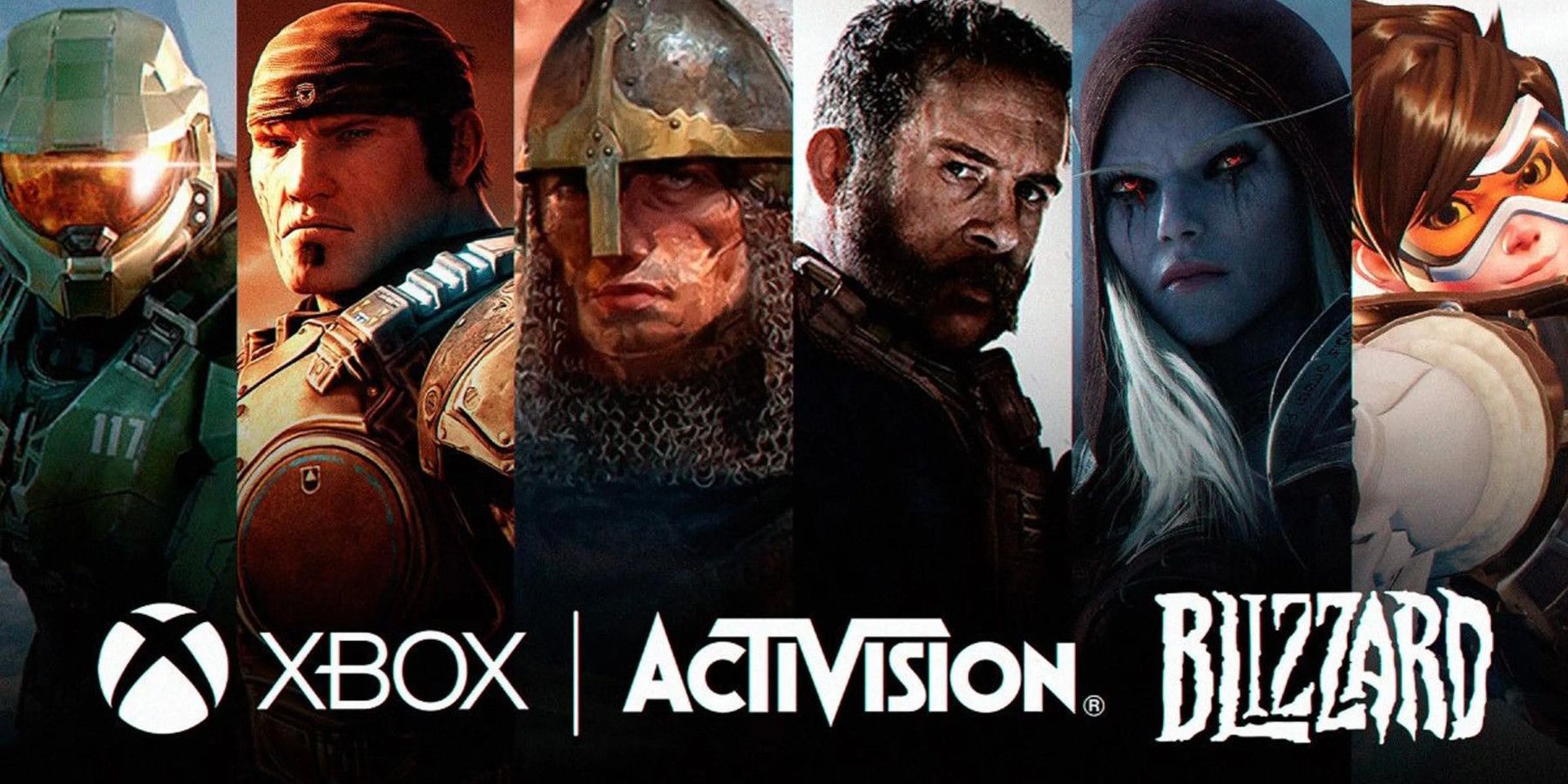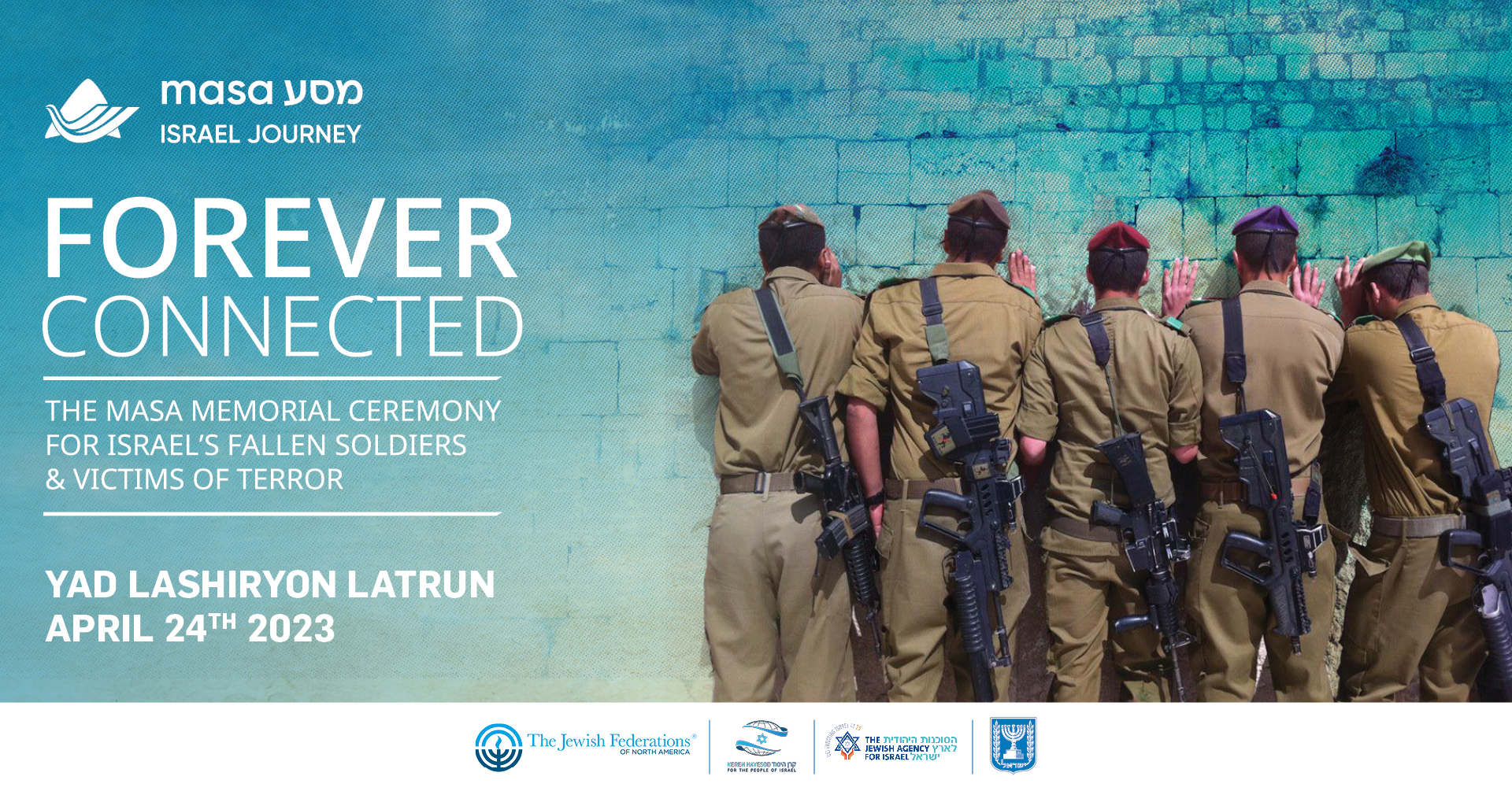Activision Blizzard Acquisition: FTC's Appeal Process Explained

Table of Contents
The FTC's Initial Lawsuit and its Arguments
The FTC's initial antitrust lawsuit against the Microsoft-Activision Blizzard merger centered on concerns that the acquisition would stifle competition and harm consumers. The commission argued that Microsoft's acquisition would give the tech giant undue control over the video game market, particularly concerning popular franchises like Call of Duty.
The core arguments presented by the FTC included:
-
Potential for Microsoft to monopolize the gaming market: The FTC argued that Microsoft, already a significant player in the gaming console market with Xbox, acquiring Activision Blizzard—the creator of hugely popular games like Call of Duty, World of Warcraft, and Candy Crush—would create an insurmountable competitive advantage, potentially leading to a monopoly. This would allow Microsoft to leverage its market power to disadvantage competitors.
-
Concerns about the impact on game developers and consumers: The FTC expressed worry that the merger would harm independent game developers by limiting their access to key platforms and potentially lead to higher prices or reduced quality for consumers. Reduced competition could result in less innovation and fewer choices for gamers.
-
Arguments regarding the exclusivity of Call of Duty and other key titles: A major point of contention was the potential for Microsoft to make Call of Duty and other Activision Blizzard titles exclusive to the Xbox ecosystem, harming competitors like Sony PlayStation and Nintendo Switch. This exclusivity would severely impact those platforms and their users.
Despite the FTC’s strong arguments, the initial court ruling went against them, prompting the appeal.
The FTC's Appeal to the Ninth Circuit Court of Appeals
Following the unfavorable ruling, the FTC initiated an appeal to the Ninth Circuit Court of Appeals. This is a standard part of the legal process, allowing a higher court to review the lower court's decision. The appeal involves a thorough re-examination of the case, including:
-
Re-examination of evidence and legal precedents: The Ninth Circuit will review the evidence presented in the lower court, scrutinizing its relevance and admissibility. They will also examine the legal precedents used in the initial ruling to determine if they were properly applied.
-
Focus on potential long-term anti-competitive effects: The FTC is likely to emphasize the potential long-term consequences of the merger, arguing that the immediate impact may be less significant than the cumulative effect over time. This involves demonstrating potential future anti-competitive behavior.
-
Arguments concerning the definition of the relevant market: A key element of antitrust cases is defining the relevant market. The FTC might argue for a narrower market definition to strengthen their claim of market dominance by Microsoft.
The appeal process is expected to be lengthy, potentially taking months or even a year to resolve. We can also anticipate amicus briefs from various stakeholders, including other companies and consumer advocacy groups, expressing their perspectives on the merger.
Potential Outcomes of the Appeal
Several outcomes are possible following the Ninth Circuit's review:
-
Affirmation of the lower court's ruling: This would allow the acquisition to proceed, potentially bringing the long-running saga to a close.
-
Reversal of the lower court's ruling: This would block the acquisition, a significant victory for the FTC and a major setback for Microsoft.
-
Remand to the lower court for further consideration: The Ninth Circuit could send the case back to the lower court for further proceedings, possibly requiring additional evidence or clarification on certain points.
Impact on the Gaming Market and Consumers
Regardless of the outcome, the Activision Blizzard acquisition carries significant implications for the gaming market and consumers:
- Game pricing: A lack of competition could lead to higher prices for games.
- Game availability: Exclusivity deals could limit the availability of popular titles on certain platforms.
- Competition: A reduced number of major players could stifle innovation and reduce choice for gamers.
Understanding the Antitrust Laws at Play
This case hinges on several key antitrust laws, primarily the Clayton Act and the Sherman Act. These laws aim to prevent monopolies and promote competition. The FTC's case rests on demonstrating that the acquisition would substantially lessen competition, violating these fundamental principles. The concept of "market dominance" plays a critical role, with the FTC attempting to prove that Microsoft would achieve an unacceptable level of control over the relevant market segments.
Conclusion
The FTC's appeal against the Microsoft-Activision Blizzard merger represents a pivotal moment in the gaming industry. The outcome will shape the competitive landscape for years to come, impacting game prices, availability, and innovation. The key arguments—potential market monopolization, impact on developers and consumers, and the exclusivity of key titles—are central to the FTC's appeal and deserve careful consideration. Understanding the intricacies of this appeal process, from the initial lawsuit to the potential outcomes, is crucial for anyone invested in the future of gaming. Stay informed on the ongoing legal developments regarding the Activision Blizzard acquisition. Follow this and other credible news sources for updates on the FTC's appeal and its impact on the future of the Activision Blizzard acquisition and the gaming market. Understanding the complexities of the FTC's appeal process is vital for anyone interested in the future of the gaming landscape.

Featured Posts
-
 Paris Roubaix 2024 Van Der Poel Pogacar And The Key Moments
May 26, 2025
Paris Roubaix 2024 Van Der Poel Pogacar And The Key Moments
May 26, 2025 -
 Yom Ha Zikaron 2024 Masa Israels Unprecedented English Ceremony
May 26, 2025
Yom Ha Zikaron 2024 Masa Israels Unprecedented English Ceremony
May 26, 2025 -
 The Naomi Campbell Anna Wintour Feud Impact On The Met Gala
May 26, 2025
The Naomi Campbell Anna Wintour Feud Impact On The Met Gala
May 26, 2025 -
 Elegancia Y Estilo Analisis De Los Looks Del Baile De La Rosa 2025
May 26, 2025
Elegancia Y Estilo Analisis De Los Looks Del Baile De La Rosa 2025
May 26, 2025 -
 Moto Gp Inggris Di Silverstone Jadwal Balapan Klasemen Dan Analisis Marquez
May 26, 2025
Moto Gp Inggris Di Silverstone Jadwal Balapan Klasemen Dan Analisis Marquez
May 26, 2025
